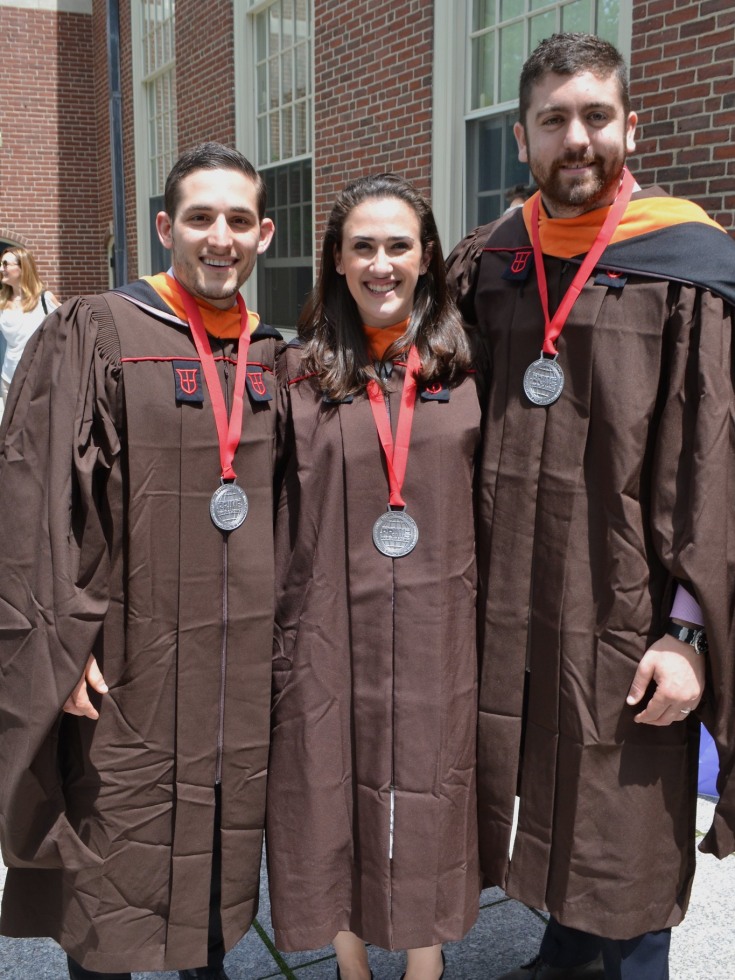The PRIME curriculum, like technology and innovation, is constantly evolving as we strive to continually improve the student experience.
All students (non Brown 5th years) are required to complete the following during the one year masters program:
8 courses | 6 required core courses plus 2 graduate level electives, director approved.
Graduate level courses at Brown, Harvard and Rhode Island School of Design (RISD) allow students define their own pathways beyond the core curriculum. Students have to opportunity to cross-register at harvard or risd
PRIME course structure is: 2 + 3 + 3.
Summer – 2 required PRIME courses fully online
Fall - 2 required PRIME courses + 1 director approved graduate level elective
Spring - 2 required PRIME courses + 1 director approved graduate level electiveAn internship in the fall OR spring term > you choose Academic or Professional Path
The internship may be waived if a student is working or involved in a start-up
PLEASE NOTE: The 2 required summer courses are delivered fully online for all students during the summer. In-person classes will begin in the fall term for residential learners.
